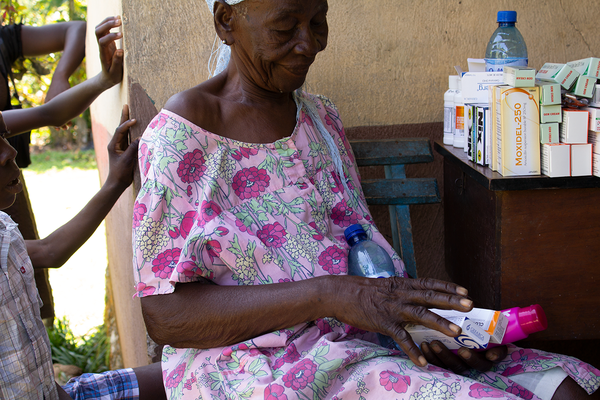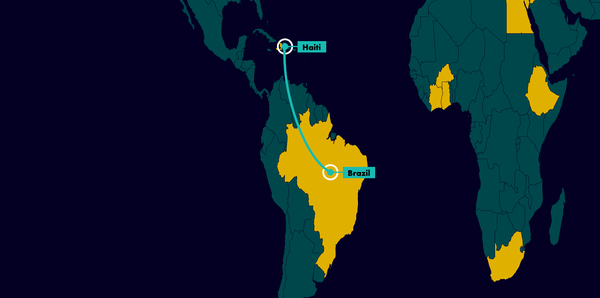
Photo by INURED, Haiti
Current studies have demonstrated the profound yet, uneven impacts of the COVID-19 pandemic on populations around the world. It is well known that disasters such as epidemics and their accompanying socioeconomic and political consequences have greater impacts on marginalised populations. In contexts such as Haiti, where government institutions have limited resources and capacity to enforce public health measures that would reduce the spread of the virus, the generation and dissemination of knowledge on the pandemic’s impact is critical. The current report is a contribution in this light, attempting to fill some of these knowledge gaps, particularly in the area of livelihoods and remittances, violence against women and girls, primary education and home-schooling experiences, and community perceptions of and stigma associated with COVID-19.
This report examines the impacts of the COVID-19 pandemic on households in urban and rural Haiti. It provides the results of a mixed-methods, exploratory study on the multidimensional impacts of COVID19 on households focusing on key cross-cutting themes. The methodologies employed included quantitative and ethnographic approaches, specifically household survey data (n = 511), focus groups, in-depth interviews, ethnographic observations, social mapping, and remittance data from the Haitian central bank.
Principal results from the study indicate a dire situation in terms of the impacts of the pandemic on households and the most vulnerable in Haitian society, including the poor, women, and girls. The pandemic arrived on the heels of political and economic crises, intensifying pre-existing conditions of vulnerability while further disrupting daily life. In addition, the study unearths the disparate impacts of the pandemic on urban and rural households, suggesting that although the public health risks in densely populated urban areas may be higher, the economic impacts on rural populations are, in many ways, more devastating. Moreover, our findings show that, although there were widespread predictions on the part of large, multilateral institutions that the remittance economy would suffer significant decreases, this was not the situation in Haiti, where year-on-year transfers increased in 2020. Remittances from key destination countries in the Global North, such as the United States and Canada, proved to be a vital mitigating force during the pandemic, whereas remittance transfers from the Global South decreased during the crisis.
The public health emergency created by COVID-19 in Haiti has compounded protracted political and socioeconomic crises - known as peyi lòk - that had already resulted in weeks of business and school closures in the latter part of 2019 and beginning of 2020. Ultimately, the pandemic serves as both an indicator and magnifier of existing marginalization and structural violence in the country



